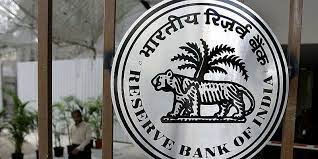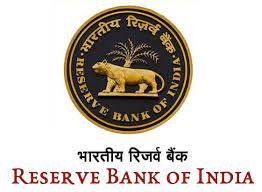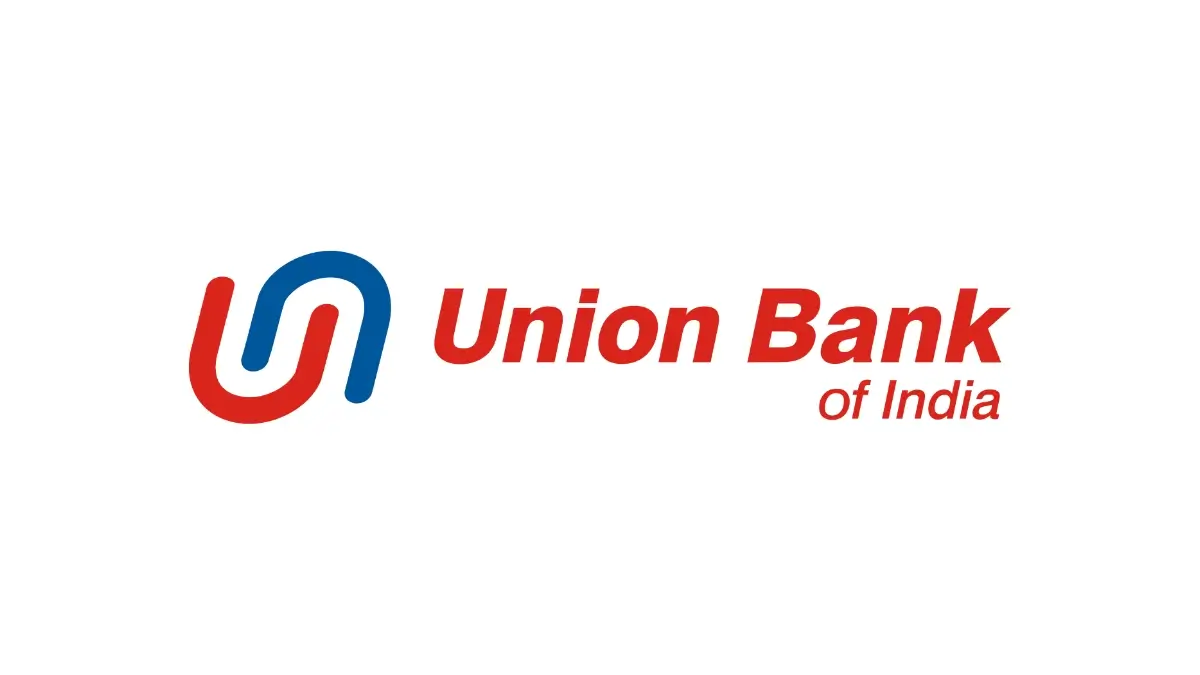Proposed RBI Framework for Self-Regulatory Organizations (SROs) in Banking and NBFCs
The Reserve Bank of India (RBI) has recently introduced a draft framework aimed at establishing Self-Regulatory Organizations (SROs) within the realms of banking and Non-Banking Financial Companies (NBFCs). This innovative move seeks to empower industry participants to regulate themselves under RBI oversight, fostering better compliance and governance practices within these financial sectors.
The proposed framework delineates the structure and functioning of these SROs, emphasizing their pivotal role in enhancing regulatory compliance, fostering best practices, and safeguarding the interests of stakeholders. Under this initiative, SROs are envisioned to collaboratively work towards setting benchmarks for professional conduct, customer protection, and prudent risk management.

Why this News is important:
Strengthening Regulatory Compliance and Governance
Establishing SROs in banking and NBFCs will enhance regulatory compliance, ensuring adherence to prescribed norms and fostering robust governance practices within the financial sectors.
Facilitating Industry Collaboration and Best Practices
SROs will promote collaboration among industry players to set benchmarks for professional conduct, risk management, and customer protection, thereby elevating industry standards.
Autonomy with Regulatory Oversight
The framework ensures SRO autonomy while subjecting them to stringent regulatory oversight, striking a balance between self-regulation and regulatory compliance.
Historical Context:
India’s financial sector has undergone significant regulatory transformations over the years. The establishment of regulatory bodies like RBI, SEBI, and IRDAI aimed to supervise and regulate various segments of the financial landscape.
Key Takeaways from “Proposed RBI Framework for SROs in Banking and NBFCs”
| Serial Number | Key Takeaway |
|---|---|
| 1. | Introduction of SROs in banking & NBFCs by RBI |
| 2. | Emphasis on self-regulation & compliance |
| 3. | SROs to set benchmarks for conduct & risk management |
| 4. | Facilitation of RBI oversight and industry collaboration |
| 5. | Focus on elevating transparency, trust, and accountability |
Important FAQs for Students from this News
Q1: What is the purpose of the RBI’s proposed framework for SROs in banking and NBFCs?
- A: The framework aims to establish Self-Regulatory Organizations (SROs) to improve regulatory compliance, governance, and industry practices within the banking and Non-Banking Financial Company (NBFC) sectors.
Q2: How will SROs benefit the financial sectors?
- A: SROs will facilitate self-regulation, industry collaboration, setting benchmarks for conduct, risk management, and customer protection, enhancing overall industry standards.
Q3: What role will SROs play in relation to the RBI and regulated entities?
- A: SROs will function as intermediaries, aiding communication between the RBI and regulated entities, expediting grievance redressal mechanisms, and fostering compliance.
Q4: How does the framework balance SRO autonomy and regulatory oversight?
- A: The framework ensures SRO autonomy while subjecting them to strict regulatory standards, maintaining a balance between self-regulation and compliance.
Q5: How does the proposal address the issue of transparency and accountability in the financial sectors?
- A: The proposal aims to elevate transparency, trust, and accountability by promoting fair practices and ensuring adherence to regulatory norms.
Some Important Current Affairs Links

















